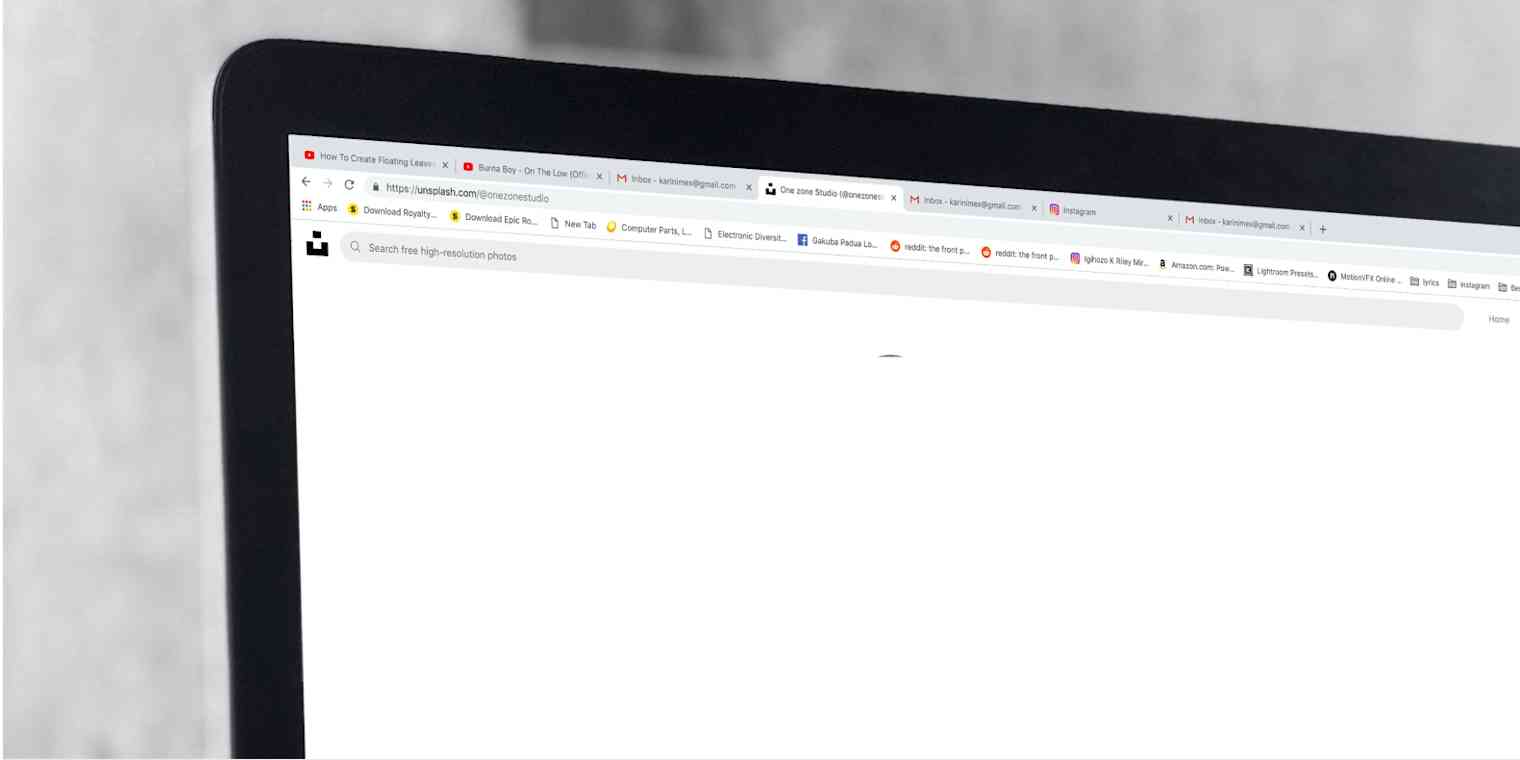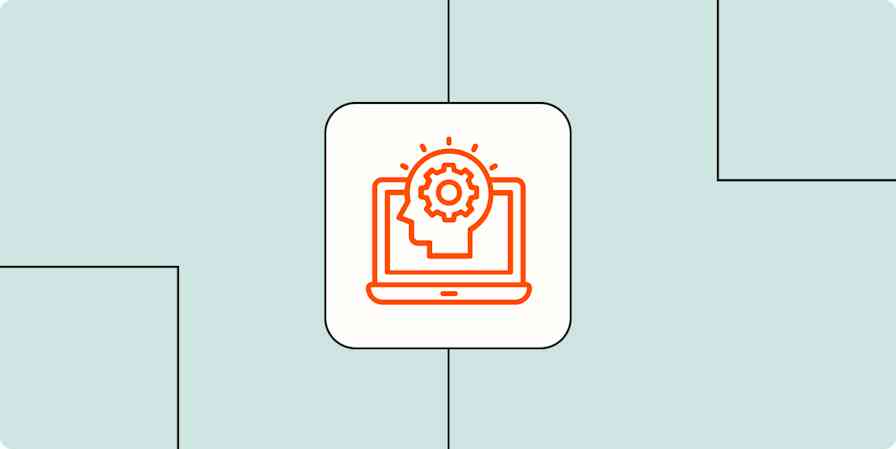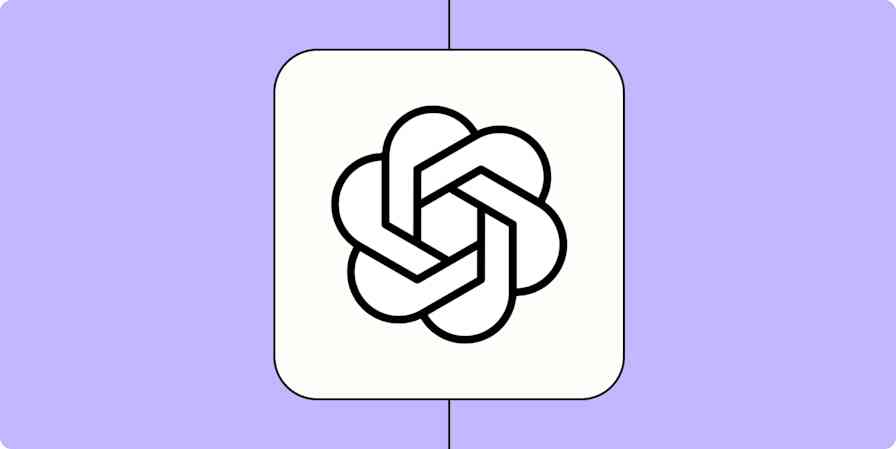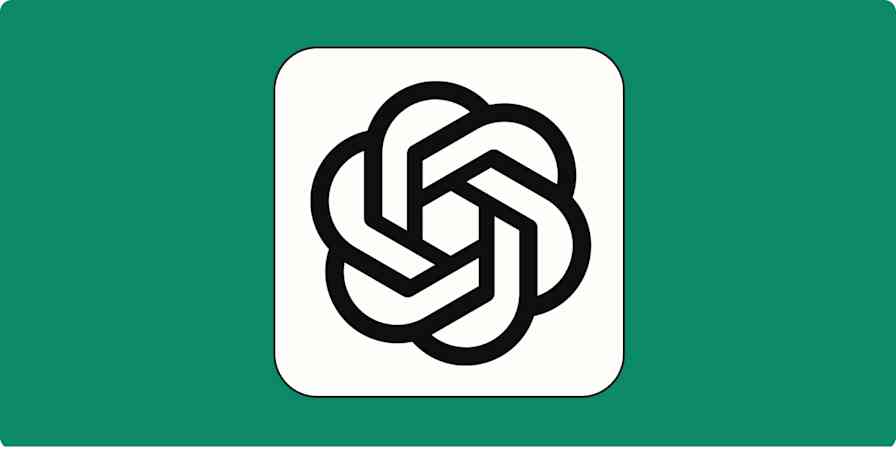It's timeless advice: if a website isn't loading properly, clear your cache. We've all done it. You might have even let out a little "hooray!" when the site started working again. And, if you're like me, you promptly proceeded to not think about the browser cache ever again—until the next thing broke.
But in the back of your mind, you might be wondering: what the heck is the cache? Why does clearing it fix things? I care about you, and want you to know things, so let's get into it.
What is a cache?
Cache is the place where your browser stores images, fonts, and a bunch of other technical-sounding things like CSS, HTML, and JavaScript to save bandwidth. Without this feature, your browser would run a lot slower because every site you opened would require re-downloading tons of files.
Take, for example, the page you're currently on. There's a Zapier logo at the top-left corner of it. If you go to another Zapier blog post, or to the Zapier homepage, that same logo will be there.
It's following you.
Your browser could re-download the logo every single time you visit a different page on this site, but that would be wasteful. So, instead, your browser stores the logo, and all sorts of other things, on your computer—in the cache.
What does clearing the cache do?
Every once in a while, a site will stop working, and clearing the cache will fix it. A coworker of mine, for example, couldn't upload articles to our website, so they cleared the browser cache, and all was right with the world again.
Why did this help? To vastly oversimplify things, sometimes there's a difference between the version of a website cached—i.e., stored—on your computer and the version that you're loading from the web. This conflict can lead to weird glitches, and clearing your cache can help when nothing else seems to.
In my coworker's case, the backend of the website had recently been updated, which was likely the reason for the conflict.
Tip: If you're struggling to sign on to a public Wi-Fi network, the cache might be the problem. Here's how the browser cache comes into play when trying to force open a public Wi-Fi login page—and how to fix it.
Cookies vs. cache: What's the difference?
In most browsers, the options for clearing the cache and clearing cookies are in the same place—but they're not the same thing.
Here's the difference:
Cache: This is where your computer stores files downloaded directly from the websites you visit—fonts, images, that kind of thing. The files in your cache aren't that different from the files in the cache of someone else who visits the same websites as you.
Cookies: Unlike your cache, cookies store information about you and the things you've done online. If you browse an online store and add a bunch of things to a shopping list, that's saved using a cookie. Cookies also keep track of which site you're logged in to—which is why, if you clear your cookies, you'll need to log back in to all of your accounts. Clearing your cache doesn't affect any of this.
Tip: If you want to view the cached version of a website (i.e., a snapshot of the page as it appeared the last time Google robots visited the site), use this simple Google Search trick.
How to clear your browser cache
Depending on which web browser you're using, the steps to clear your cache might vary. But no matter the browser, it's straightforward to do.
How to clear cache on Google Chrome
From the menu bar of a Google Chrome window, click More (
⋮).Click More Tools, and select Clear Browsing Data.
You'll be redirected to a pop-up window on Google Chrome's Settings page. Deselect Cookies and other site data (unless you want to clear your cookies), and then click Clear data.
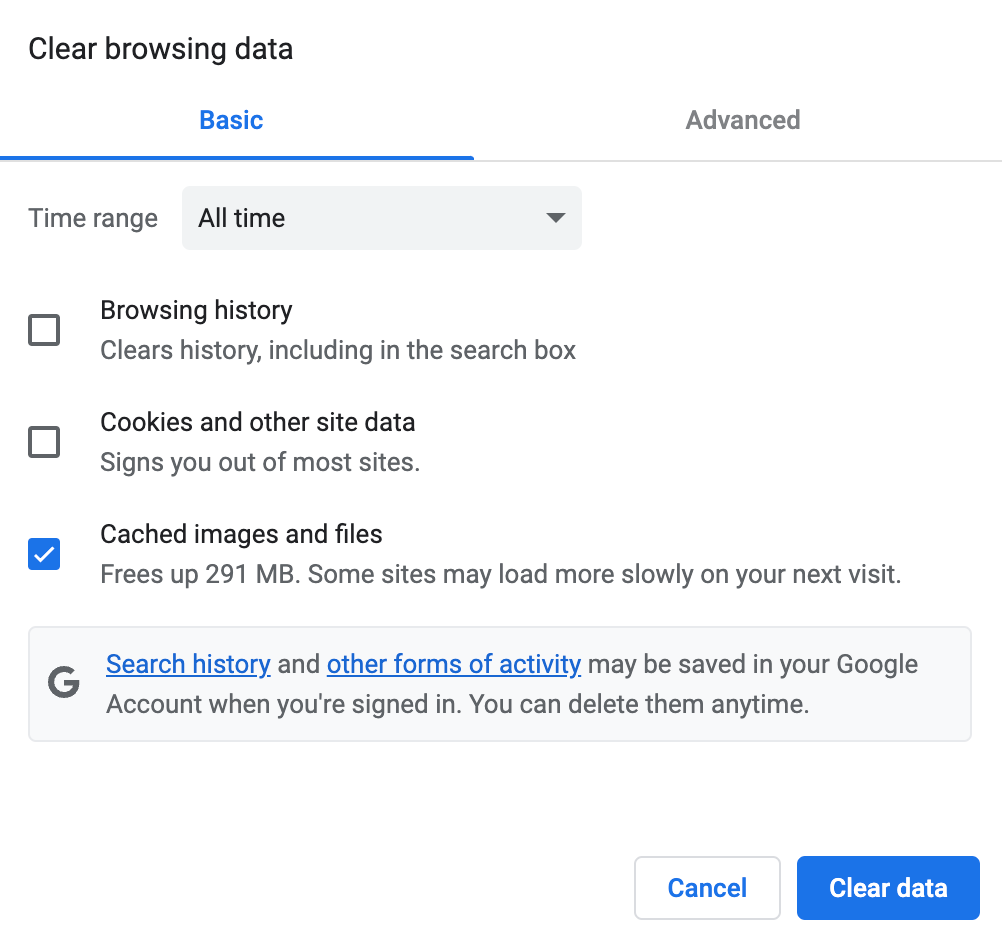
How to clear cache on Safari
From your Mac's menu bar, click History, and then click Clear History.
In the pop-up window that appears, click the dropdown beside Clear.
Select all history, and then click Clear History.
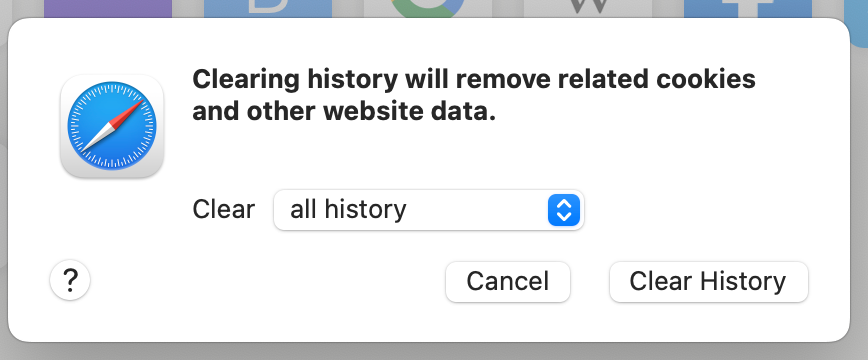
How to clear cache in Microsoft Edge
From the menu bar of a Microsoft Edge window, click Settings and more (
...).Click Settings, and then select Privacy, search, and services.
In the Clear browsing data section, click Choose what to clear.
In the pop-up window that appears, select the types of browsing data you want to clear and the desired time range, and then click Clear now.
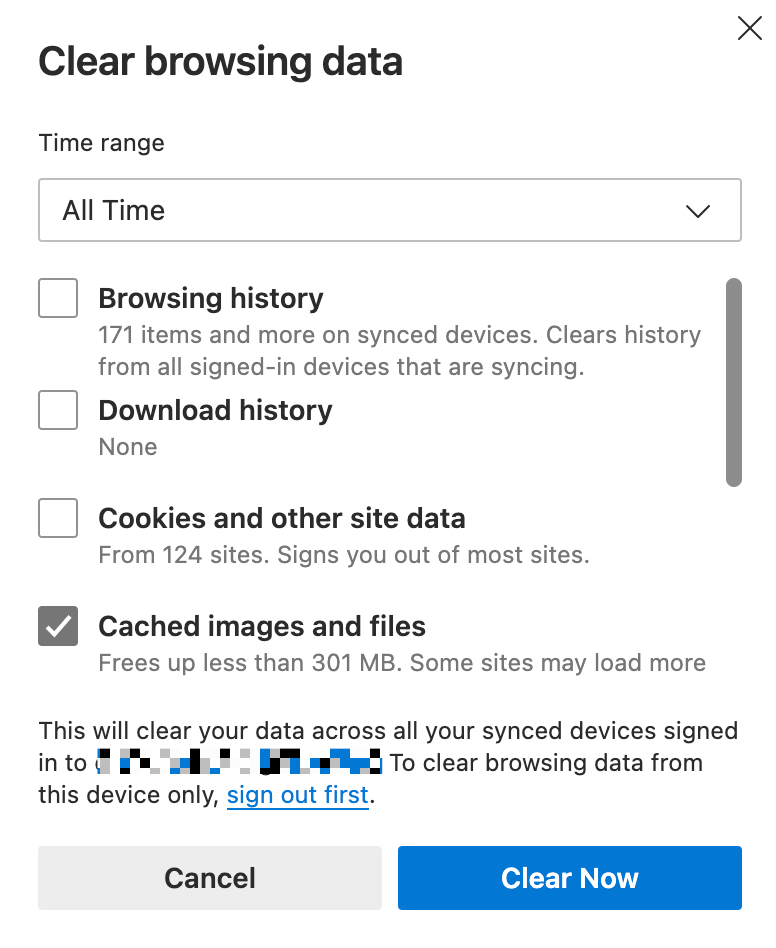
How to clear cache in Firefox
For some inexplicable reason, there are two very different ways to clear your cache in Firefox. Here's the most straightforward way.
From the menu bar of a Firefox window, click Open application menu, which looks like three lines stacked horizontally (
≡), and then click Settings.From the navigation pane, click Privacy & Security.
In the Cookies and Site Data section, click Clear Data.
In the pop-up window that appears, deselect Cookies and Site Data (unless you want to clear your cookies), and then click Clear.
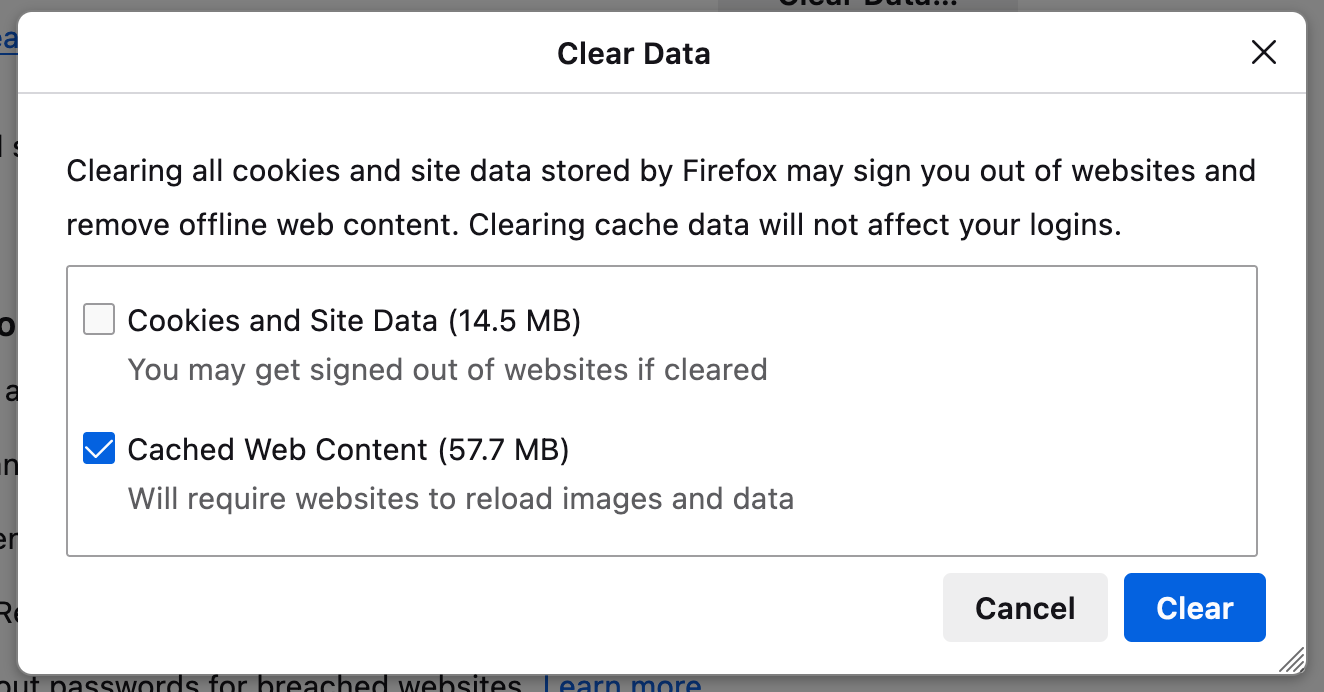
Should I clear my cache regularly?
Here's the short answer: in general, I recommend not clearing your cache unless you have a specific reason to.
The files in the cache allow the websites you visit most often to load faster, which is a good thing. Plus your browser deletes old files periodically, so it's not like the cache is going to keep growing forever.
Sure, the cache is taking up room on your hard drive, and that can be annoying. But the reason you have a hard drive is so you can store things on it.
Related reading:
This article was originally published in July 2020. The most recent update, with contributions from Jessica Lau, was in June 2023.
